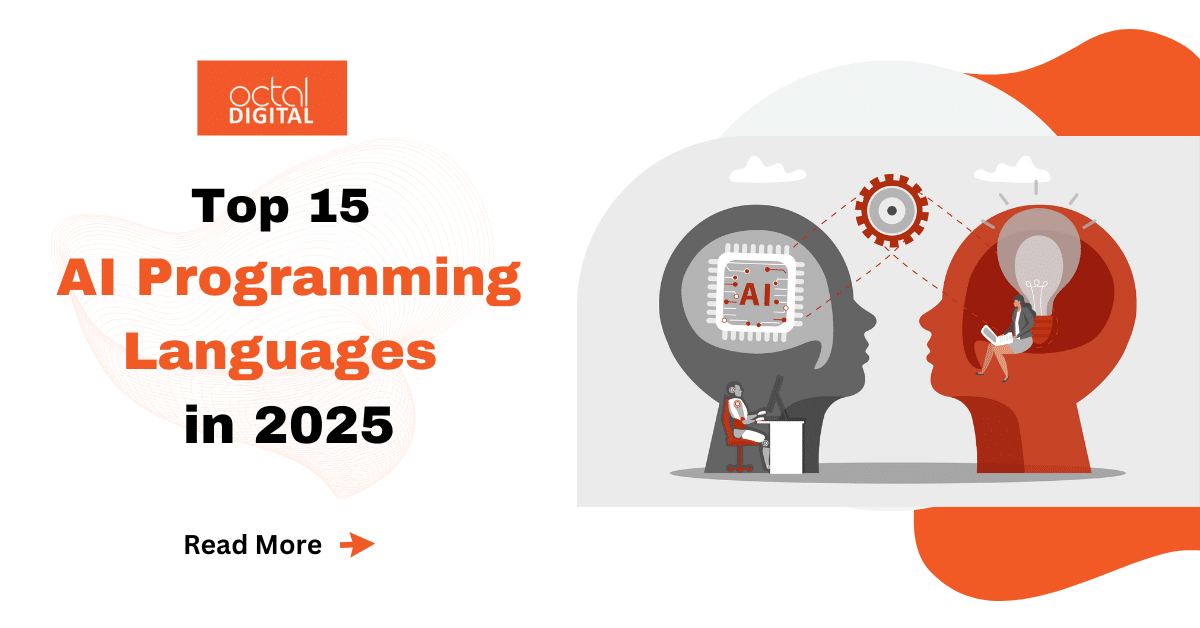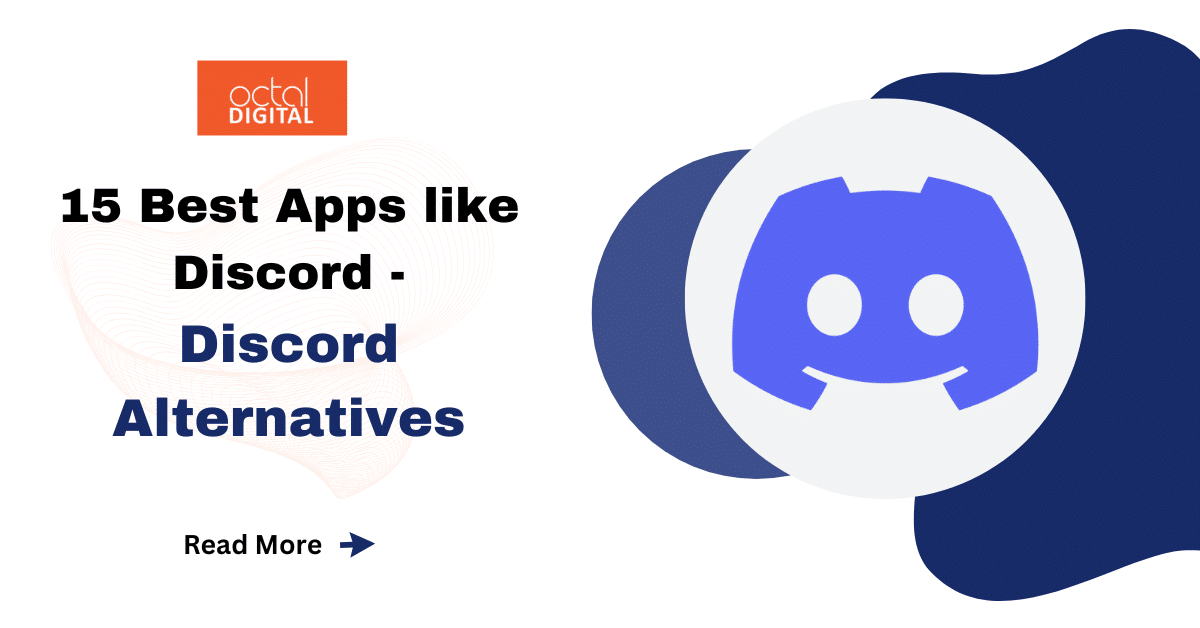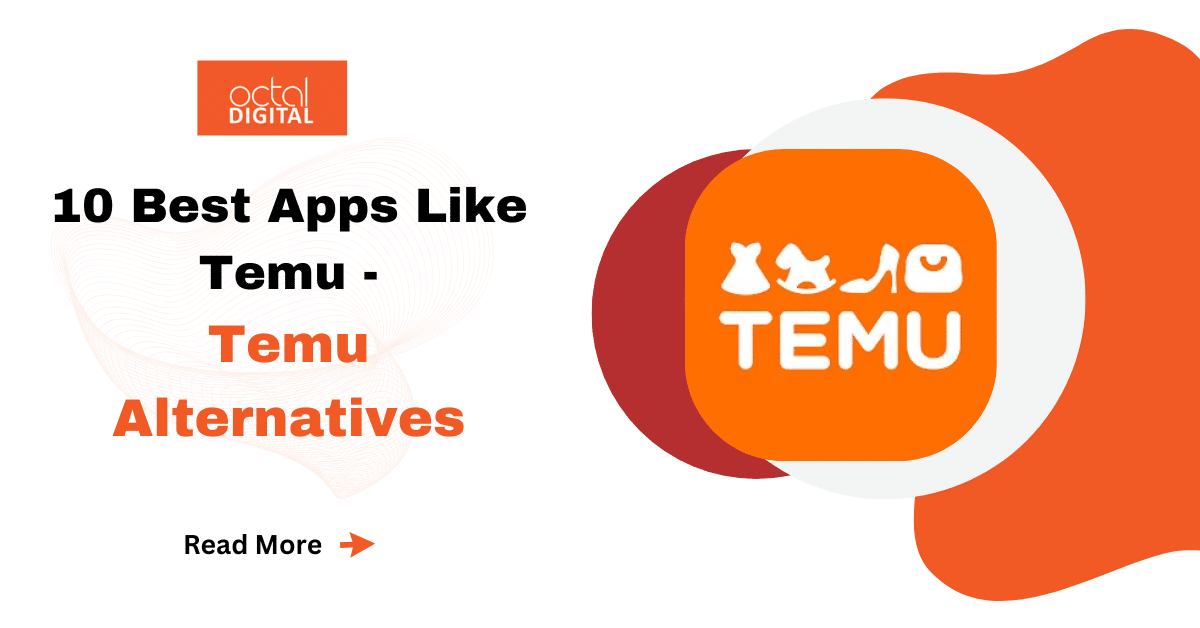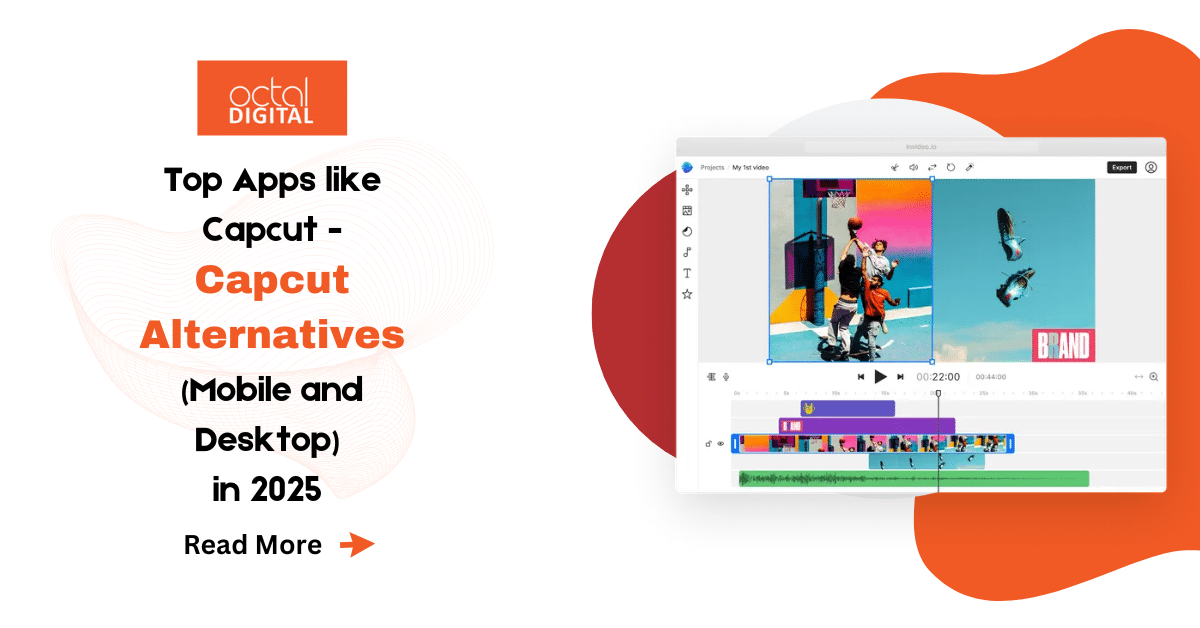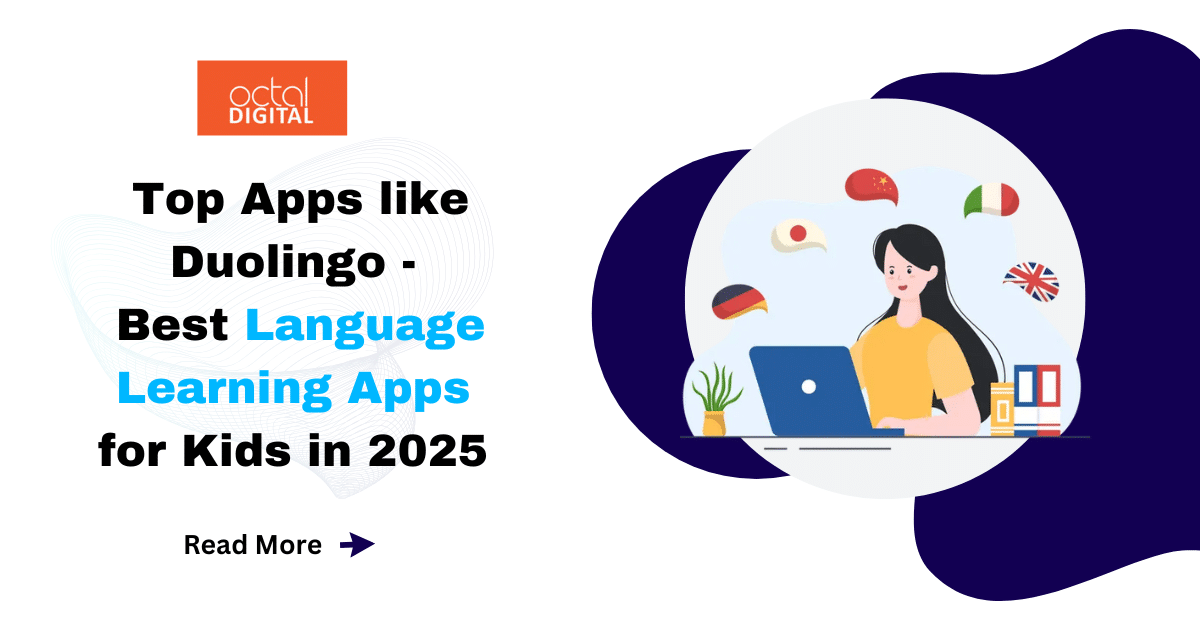Digitalization of the healthcare industry is changing the way we look at patient care. Advancements in the healthcare industry, also call for stronger security compliances and policies to protect the valuable health-related data of the patients. Blockchain is known for its security and transparency in applications, thus, a potential use in the blockchain in healthcare industry is seen too. It can be used for secure record-keeping, transparent on data transmission, etc due to its decentralized structure among others which we are going to dive deep into today!
Table of Contents
ToggleUnderstanding Blockchain Technology
-
Definition and Fundamentals of Blockchain Technology:
It’s a distributed and decentralized system that keeps track of transactions over a computer network. It consists of blocks, each block containing a list of transactions that occurred. These blocks are cryptographically hashed and connected together to create an unbreakable chain of blocks or blockchains. Smart contracts or self-executing contracts are made with these blocks to allow access to specific networks only.
-
Decentralized and Tamper-Resistant Data Storage:
Every node keeps a copy of the whole blockchain, there is never a single point of control. With the help of distributing copies of the ledger, blockchain accomplishes decentralized data storage. Blocks are hashed for inherently resistant to tampering. A block’s hash can be modified only if one of its contents is changed, leaving to chain break. The security and integrity of the data is overall thus very robust and secure due to this decentralized structure.
Key Features of Blockchain:
- Transparency: Only the allowed access gateways are open to view the complete transaction history in the blockchain, encouraging transparency and accountability.
- Immutability: A fundamental component of blockchain technology is immutability. It ensures that once a block is added to the chain, its contents cannot be removed or changed. With each block’s distinct identity, any sort of changes are reflected in the whole network.
- Consensus Mechanisms: Proof of Work (PoW) and Proof of Stake (PoS) are two popular consensus techniques used in blockchain to ensure a safe and equitable network by requiring users to solve challenging mathematical puzzles. To reward ethical behavior, PoS depends on stake member’s stake in the cryptocurrency.
The Need for Blockchain in Healthcare Apps
Current Challenges in Healthcare Data Management and Security:
The integrity of patient data, security, and interoperability provide the biggest obstacles to healthcare data management. Conventional centralized systems are vulnerable to data tampering, unwanted access, and security breaches. The intricacy of healthcare environments, including several stakeholders and heterogeneous technologies, intensifies problems concerning data consistency and interoperability. To properly handle these issues, a safe, effective, and interoperable solution is essential.
How Blockchain in Healthcare Addresses These Challenges:
Blockchain technology offers a robust solution to the challenges in healthcare data management and security by introducing decentralization, cryptographic techniques, and consensus mechanisms.
- Decentralization: Data isn’t stored in just one place, so if a computer malfunctions, the data is still safe for others.
- Stronger Security: Advanced encryption techniques are used to scramble sensitive information, making it unreadable to unauthorized users.
- Rigid Records: Every change to a patient’s record is logged and linked to the previous one, making it difficult to alter information unnoticed.
- Strict Access Control: Smart contracts, like automated agreements, define who can access a patient’s data. Only authorized individuals with the right “keys” can view or modify the information.
Importance of Data Integrity and Security in Healthcare:
- Precise Patient Records: The blockchain’s immutability allows that medical data saved on it cannot be changed. This lowers the chances of medical errors and improves the correctness and dependability of patient records.
- Privacy Compliance: The decentralized structure of blockchain lets us comply with privacy laws like HIPAA or GDPR. Patients may feel more relieved knowing that only authorized users have access to their sensitive health information.
- Interoperability: It also makes it easy for operators to share healthcare data with one another by offering a centralized, secure, and standardized platform. Interoperability lowers test duplication, increases care coordination, and boosts overall healthcare efficiency.
Key Applications of Blockchain in Healthcare

Secure Health Data Exchange
-
Cryptographic Security
Blockchain uses cryptographic techniques to ensure that health records be shared in a secure and interoperable manner. Because every member of the network has a distinct cryptographic key, health data is more legitimate and reliable. The likelihood of data breaches is reduced by this decentralized strategy.
-
Contracts with Smarts
Smart contracts are self-executing contracts with coded terms that are essential to the secure transmission of health data. By automating validation and access control procedures, they make it possible for only approved organizations to access particular health information. This strengthens security while simultaneously streamlining data sharing.
Drug Traceability
-
Immutable Supply Chain Records
Blockchain’s transparent record-keeping helps in the pharmaceutical supply chain. The blockchain records every stage of the supply chain, from production to distribution, guaranteeing the legitimacy and traceability of pharmaceuticals.
-
Hashes in Cryptography
Using cryptographic hashes raises the security ante. Because every event or transaction in the supply chain is given a distinct hash, the data is impenetrable to tampering. This ensures that data cannot be changed or fabricated after it has been captured, creating a trustworthy and auditable trail.
Clinical Trials and Research
-
Data Integrity and Tamper Prevention
Blockchain addresses problems like data integrity and manipulation to improve transparency and reliability in clinical trials and research data. To ensure correct data recording, smart contracts are used to automate and enforce rules controlling data collection.
-
Dispersed Storage
The blockchain’s decentralized storing of research data removes the need for a single centralized repository. The process of decentralization lowers the possibility of data manipulation, guaranteeing the integrity of research data all along the way.
-
Techniques in Cryptography
Zero-knowledge proofs and other cryptographic approaches verify the legitimacy of data without disclosing its true content. This maintains data integrity and confidentiality, supporting a strong and safe environment for research and clinical trials.
Must Read: Best Web Development Backend Frameworks in 2024
Integrating Blockchain into Healthcare Apps
-
Technology Stack: Building Blocks for Blockchain Integration
- Smart Contracts:
- Definition: Self-executing contracts in which the parties’ terms are encoded directly into the code.
- Role in Health Apps: promotes automation and trust in the processing of payments, data sharing, and other vital interactions.
- Decentralized Identity Management:
- Definition: By eliminating the need for a central authority, it guarantees safe and verified identities.
- Role in Health Apps: simplifies access management, protects patient privacy, and lowers the possibility of identity theft.
- Distributed Ledger Technology (DLT):
- Definition: A decentralized database that keeps track of transactions across several nodes is defined as follows.
- Role in Health Apps: lowers the possibility of manipulation by ensuring the data integrity, transparency, and traceability of medical records.
4.Consensus Mechanisms:
- Definition: A network of protocols designed to guarantee agreement between nodes.
- Role in Health Apps: ensures that data is accurate by stopping fraudulent activity and keeping the network’s view consistent.
- Interoperability Standards:
- Definition: Standardized procedures that allow various blockchain networks to communicate with each other without difficulty.
- Role in Health Apps: promotes the sharing of data between different healthcare apps and systems, creating a cohesive environment.
Real-World Examples of Blockchain in Healthcare
- MedicalChain:
- Application: Makes use of blockchain technology to give patients secure access to manage and exchange their medical data.
- Key Features: Streamlined data sharing between healthcare providers, transparent access logs, and patient-centric data control.
- Hashed Health:
- Application: Uses blockchain technology to streamline medical procedures.
- Key Features: reduces administrative overhead and fraud by processing claims automatically through the use of smart contracts.
- SimplyVital Health:
- Application: Enhances interoperability and exchange of healthcare data.
- Key Features: makes use of decentralized identity management to improve the security of patient data, enabling safe and easy data transfer between healthcare organizations.
Connect with Octal Digital (a leading web development company in Houston) today, and hire the best Shopify store specialists dedicated to delivering cutting-edge digital experiences and elevating your online presence to new heights.
Challenges and Solutions: Navigating the Roadblocks
- Regulatory Compliance:
- Challenge: Adoption of blockchain technology may be impeded by strict healthcare regulations.
- Solution: Work together with regulatory organizations to ensure compliance and inform stakeholders about the advantages and security measures put in place.
- Scalability challenges:
- Challenge: When managing a high volume of transactions, traditional blockchains may experience scalability challenges.
- Solution: To improve transaction throughput, investigate scalable blockchain systems or put layer-2 solutions into place.
- Data Privacy Concerns:
- Challenge: In healthcare applications, protecting patient privacy is essential.
- Solution: To protect sensitive data, use encryption techniques, zero-knowledge proofs, and privacy-focused consensus procedures.
- Integrating with Current Frameworks:
- Challenge: It can be difficult to integrate legacy healthcare systems seamlessly.
- Solution: Create middleware and APIs to connect blockchain apps with the current healthcare infrastructure.
Read More: How Generative AI Can Boost Your Business’s Scalability (2024)
Transform your app development journey with Octal Digital, a leading mobile app development company in Houston. From addressing challenges to ensuring efficiency, we offer implementation of the latest tech stack and industry best practices.
Conclusion
Notably, a number of operations have been expedited by blockchain’s automation capabilities, especially when it comes to smart contracts. This involves supply chain management, billing, and claims processing. It also minimizes errors, speeds up transactions, and maximizes resource use in the healthcare industry.
It is still critical to promote ongoing research and blockchain implementation in the healthcare industry. There is a great deal of promise for the technology to provide a safe, open, and functionally sound healthcare environment. A strategic integration of blockchain is a must to power efficiency in healthcare industry operations.
FAQs
1. How does blockchain enhance the security of healthcare data and prevent unauthorized access?
Blockchain makes stored data unchangeable and secure by using cryptographic hash algorithms. This stops unwanted access and tampering with patient records. By giving patients authority over their data and lowering the chance of identity theft, decentralized identity management strengthens patient information security.
2. What role do smart contracts play in healthcare applications, and how do they contribute to security and transparency?
Smart contracts regulate permissions and access management meaning that they only grant access to authorized parties. They also bring transparency to financial transactions also, by instantly executing payment terms. Accountability and compliance are guaranteed by transparent and rigid audit trails under smart contracts.
3. What impact does blockchain have on the interoperability of healthcare systems, and how does it improve overall efficiency within the healthcare ecosystem?
A standardized, safe, and decentralized platform for healthcare data sharing across many parties promotes interoperability. This increases overall healthcare efficiency, decreases test duplication, and improves care coordination.




